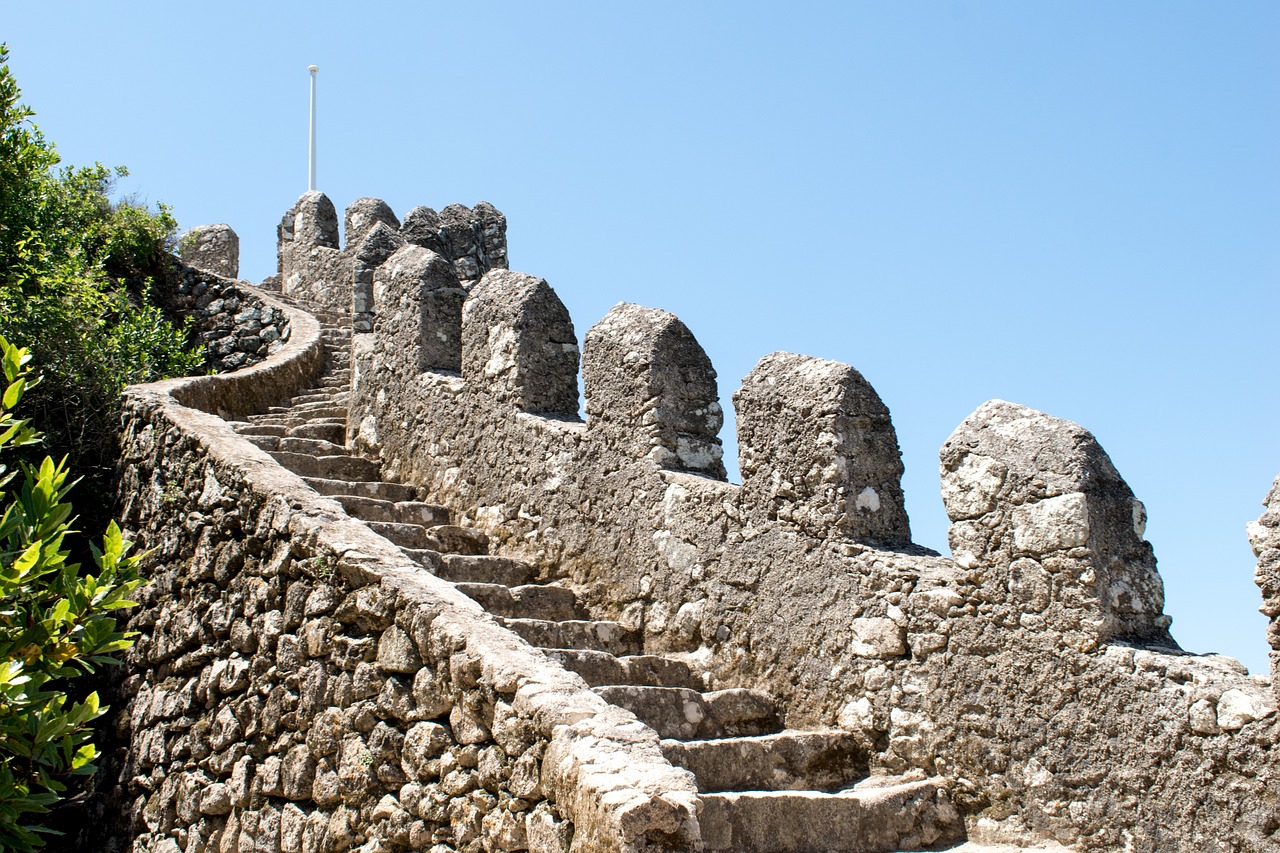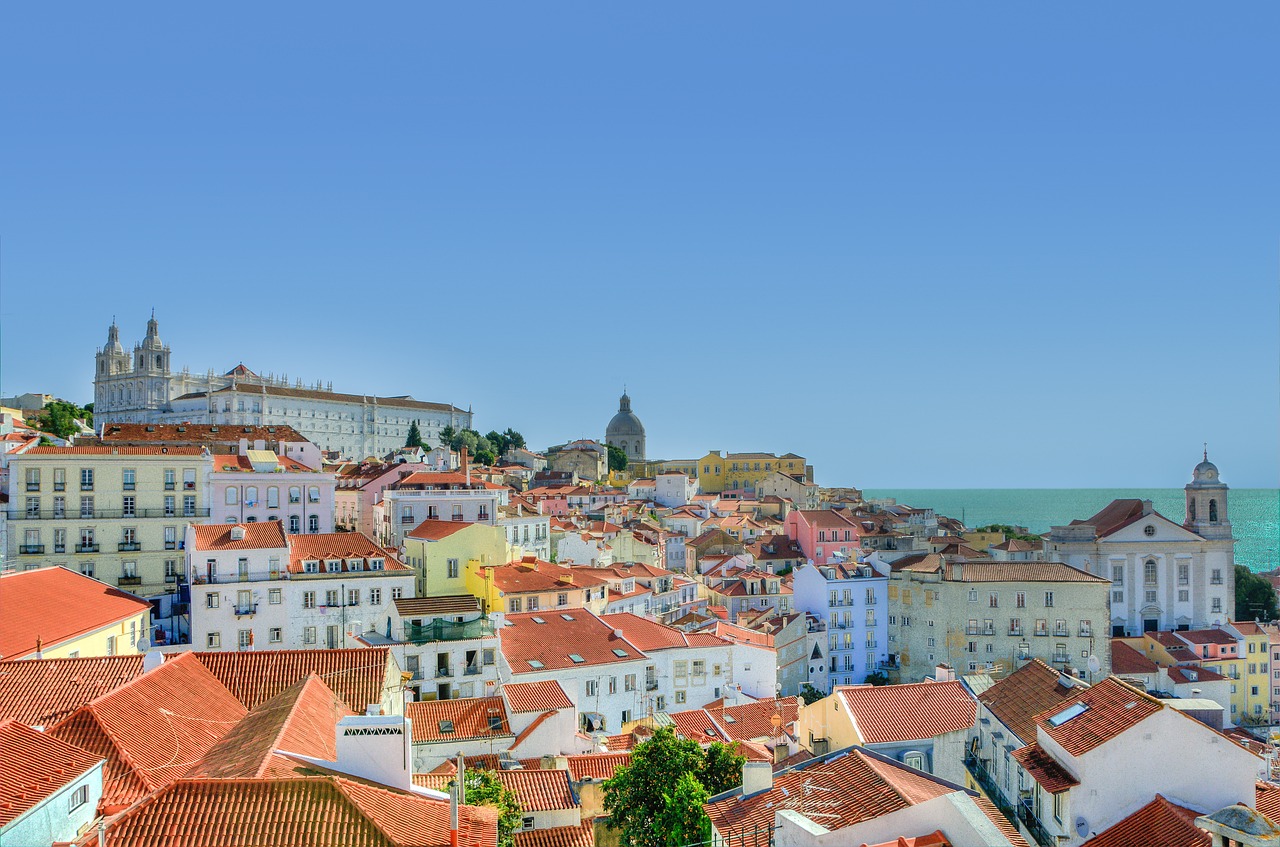Portugal Video:
Language and Communication: Overcoming Barriers in Portugal
Language and communication play a crucial role in our daily lives. They are essential tools for expressing ourselves, building relationships, and understanding others. In Portugal, a beautiful country located in Southern Europe, language and communication hold significant importance. This article explores the various aspects of language and communication in Portugal, including the challenges faced and the strategies employed to overcome barriers.
Portuguese Language
Portuguese is the official language of Portugal. It is spoken by the majority of the population and is also one of the official languages of several other countries, including Brazil, Angola, and Mozambique. Portuguese belongs to the Romance language family, which evolved from Latin.
- Dialects: Portuguese dialects can vary across different regions of Portugal. The most common dialect is European Portuguese, spoken in mainland Portugal and the Azores and Madeira archipelagos. Other regional dialects include Mirandese, spoken in the region of Miranda do Douro, and Barranquenho, spoken in the village of Barrancos.
- Phonetics and Pronunciation: Portuguese has its own phonetic system, which may pose challenges for non-native speakers. Some sounds, such as nasal vowels, may be unfamiliar to those learning the language. However, with practice and exposure, these difficulties can be overcome.
- Vocabulary and Grammar: Portuguese vocabulary and grammar can also present challenges for learners. The language has its own set of rules and structures that may differ from other languages. However, numerous resources, such as language courses and online platforms, are available to aid in language acquisition.
Language Education in Portugal
In Portugal, language education is a fundamental part of the curriculum. Portuguese is taught in schools from an early age, ensuring that students develop proficiency in their native language. Additionally, English is widely taught as a second language, starting from primary school.
- Language Schools: Language schools are prevalent in Portugal, offering courses for both Portuguese and foreign language learners. These schools provide structured language programs and qualified instructors to assist students in improving their language skills.
- Language Exchange Programs: Language exchange programs are also popular in Portugal. These programs allow individuals to practice their language skills with native speakers and, in turn, help others learn their native language. They provide a valuable opportunity for cultural exchange and language immersion.
- Online Resources: With the advancement of technology, numerous online resources have emerged to support language learning. Websites, mobile applications, and online language communities offer interactive lessons, exercises, and forums for language learners.
Interpreting and Translation Services
Interpreting and translation services play a crucial role in overcoming language barriers in Portugal. They facilitate effective communication between individuals who speak different languages. Various organizations and professionals offer these services in different contexts, such as business meetings, conferences, and legal proceedings.
- Professional Interpreters: Professional interpreters are skilled individuals who specialize in converting spoken language from one language to another in real-time. They ensure accurate and effective communication between parties who do not share a common language.
- Translation Agencies: Translation agencies provide written translation services, converting documents, websites, and other written materials from one language to another. These agencies employ qualified translators who possess linguistic expertise and subject-specific knowledge.
- Machine Translation: Machine translation, facilitated by advancements in technology, has become increasingly common. However, while machine translation can be a useful tool for understanding the general meaning of a text, it may lack accuracy and nuance. Therefore, human translation still remains essential for precise and contextually appropriate translations.
Cultural Sensitivity and Non-Verbal Communication
Understanding cultural sensitivity and non-verbal communication is vital when interacting with people from different backgrounds in Portugal.
- Greetings and Gestures: Portuguese greetings typically involve a handshake or a kiss on both cheeks between close acquaintances. It is important to be aware of these customs and adapt accordingly to show respect and build rapport.
- Personal Space: Personal space preferences may vary among individuals and cultures. It is essential to be mindful of personal boundaries and respect personal space when engaging in conversations or social interactions.
- Eye Contact: Eye contact is generally considered a sign of attentiveness and respect in Portugal. Maintaining appropriate eye contact during conversations demonstrates active listening and engagement.
Overcoming Language Barriers in Tourism
Tourism is a significant industry in Portugal, attracting visitors from all over the world. Overcoming language barriers in the tourism sector is crucial for providing excellent customer service and ensuring a positive experience for tourists.
- Multilingual Staff: Employing multilingual staff in tourist establishments, such as hotels, restaurants, and tourist information centers, is essential. Staff members who can communicate in multiple languages can assist tourists effectively and provide them with the information they need.
- Translation Services: Offering translated materials, such as brochures, maps, and menus, can greatly assist tourists who may not be fluent in Portuguese. These materials help visitors navigate their surroundings and understand local attractions.
- Language Apps and Audio Guides: Utilizing language apps and audio guides can also aid tourists in overcoming language barriers. These tools provide translations, pronunciations, and cultural insights to enhance visitors’ understanding and enjoyment of their travel experience.
Conclusion
Language and communication are essential for bridging gaps and fostering understanding in Portugal. With the Portuguese language as the primary means of communication, efforts are made to overcome language barriers through language education, interpreting and translation services, cultural sensitivity, and technological advancements. By embracing multilingualism and promoting effective communication, Portugal continues to create an inclusive environment for locals and visitors alike.
References
- portugal.com
- visitportugal.com
- portugal.org
- portugaltravel.org
- portugal.gov.pt
Portugal Image 1:

Portugal Image 2:

Portugal Image 3:



